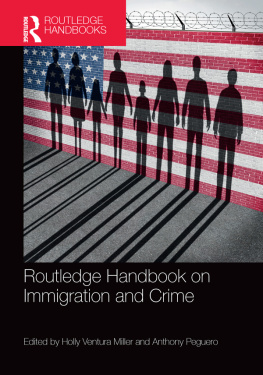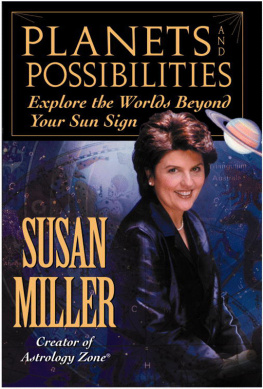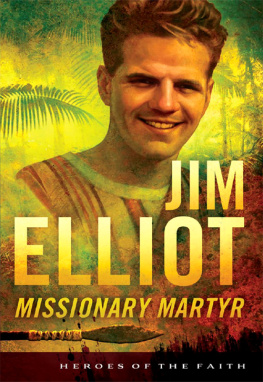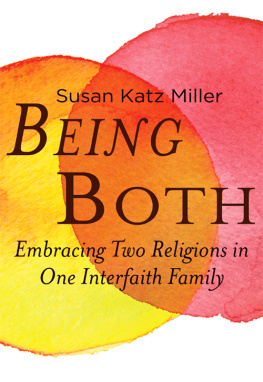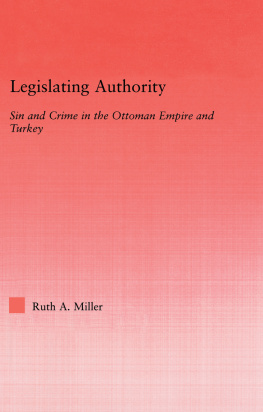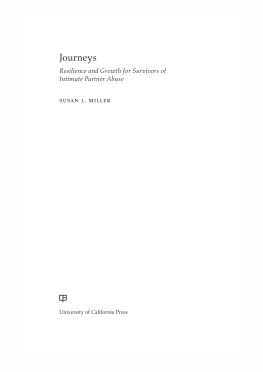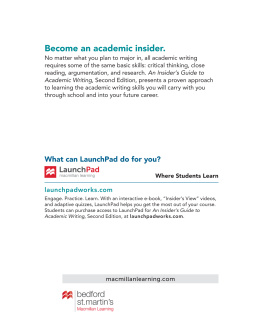Thank you for buying this ebook, published by NYU Press.
Sign up for our e-newsletters to receive information about forthcoming books, special discounts, and more!
Sign Up!
About NYU Press
A publisher of original scholarship since its founding in 1916, New York University Press Produces more than 100 new books each year, with a backlist of 3,000 titles in print. Working across the humanities and social sciences, NYU Press has award-winning lists in sociology, law, cultural and American studies, religion, American history, anthropology, politics, criminology, media and communication, literary studies, and psychology.
After the Crime
NEW YORK UNIVERSITY PRESS
New York and London
www.nyupress.org
2011 by New York University
All rights reserved
References to Internet websites (URLs) were accurate at the time of writing.
Neither the author nor New York University Press is responsible for URLs
that may have expired or changed since the manuscript was prepared.
Library of Congress Cataloging-in-Publication Data
Miller, Susan L.
After the crime : the power of restorative justice dialogues
between victims and violent offenders / Susan L. Miller.
p. cm.
Includes bibliographical references and index.
ISBN 9780814795521 (cl : alk. paper) ISBN 9780814795538
(pb : alk. paper) ISBN 9780814761434 (e-book)
1. Restorative justiceCase studies. 2. Victims of crimesCase studies.
3. CriminalsRehabilitationCase studies. I. Title.
HV8688.M55 2010
364.68dc22 2010041974
New York University Press books are printed on acid-free paper,
and their binding materials are chosen for strength and durability.
We strive to use environmentally responsible suppliers and materials
to the greatest extent possible in publishing our books.
Manufactured in the United States of America
c 10 9 8 7 6 5 4 3 2 1
p 10 9 8 7 6 5 4 3 2 1
In memory of Kristen Klint,
beloved friend
and the first person to urge me to help victims
In memory also to my Uncle Harold,
Glenn H. Miller.
You are both so missed
And to my son, Connor,
who gives me great joy
Acknowledgments
The people in this book are survivors in the truest sense of the word, and I feel proud to know them. Throughout our time together, their determination, courage, and resiliency have been admirable and inspirational. That these survivors wholeheartedly shared their feelings and experiences so that others might benefit from their situations humbles me. I hope that this book honors their tenacity and allows them to feel that they finally have a voice and are being heard. Their fortitude and buoyancy reflected within this book reveal that there are many paths to closing chapters and opening new ones. I wish them only the best as they continue on their journeys.
This project was several years in the making, resulting in a forging of connections and incurring appreciation to many individuals. Most important, my heartfelt thanks go to the program participants, victims and offenders, and the key support people in their lives, without whom there would be no book. A host of other people, friends, family members, and students, were involved in various steps of the project. My undergraduate students at the University of Delaware, Tracy Levin, Rachel Kallmyer, and especially Diana Filkins, helped with data transcription, and Stacy Nelson introduced me to the Victims Voices Heard program featured in this book. Friends and family members provided innumerable support, including listening, vacationing, and debating: my parents, Marilyn and Ken Miller, Connor Rhys Miller, Lisa, Joe, Joey, Toni, and Samantha DeRosa, Claire Renzetti, Lisa Bartran, Janna Lambine, Michelle and Morgan Meloy, special thanks to Nancy Getchell and her wonderful family, Ronet Bachman, Tammy Anderson, Maggie Andersen, Aaron Fichtelberg, the Becker family, Susan Caringella, Carol Post, Dan Atkins, Jessica Schiffman, Judy Schneider, Debbie Hegedus, and Frank Scarpitti.
My writing has benefited from the eyes of many people who provided comments on multiple drafts, with special thanks to my sister Lisa and friends Lisa and Janna, the early readers of some of the stories, for their enthusiasm and feedback. I also thank my dear friend LeeAnn Iovanni and also Dana Britton for their support, generous giving of their time and superior editing skills, and many engaging discussions we have had about social justice issues. My work is enhanced by their input; all mistakes are solely my own. I further appreciate all of the support and assistance from Peoples Place, an agency with which I am honored to conduct research. Thanks to the correctional administrators who helped facilitate my prison interviews, especially Paul Howard and Tom Carroll; thanks as well to Nancy Quillen for all of her secretarial support and good humor. Much appreciation to the comments raised by the reviewers, particularly Professors Kimberly J. Cook (UNC-Wilmington) and Angela Gover (CU-Denver), and to my editor, Ilene Kalish, and her skillful assistant, Aiden Amos, at New York University Press for their belief in this project and for expertly shepherding the book through the publishing process.
Guiding the survivors and the offenders through the restorative justice program was a challenge but one nonetheless welcomed by Kim Book. Kim does not accept praise easily, but the survivors and offenders resoundingly credit her listening skills, open heart, and nonjudgmental mind for navigating them through the process that led to a face-to-face meeting between the victims/survivors of a violent crime and their offenders. Her insight, her compassion, and her grace facilitated healing for all involved. None of this research would be possible without Kim Book, who supported my writing project, answered every question with patience, and always kept her focus on the welfare of her participants. Thank you Kim.
Because of Kims centrality to this project, I end this section with her own acknowledgments:
To my husband and best friend, Ray, thank you for being the anchor in my life. None of this would have been possible without your love and support. To Jane Brady and Stan Taylor, I offer my most sincere thanks. You took the time to listen and help the victim of a crime and gave me a gift that would propel me into not only healing myself but helping others to heal. To Diane Glenn, who has always been there to support and listen to me and has become my closest friend, I offer my love, admiration, and thanks. Thank you to Peoples Place. You enabled me to do what I love, and I am proud to have an association with an organization that does so much good for others. To Susan Miller, who took on the massive task to author After the Crime and who saw VVH and its potential to help heal victims and offenders, my deepest gratitude. Just as I am blessed to know you, so are the participants in this book, for in telling our stories you have given us a voice and empowered us, making us twice empowered, twice blessed. And most importantly, thanks to God, who shared Nicole with me and who is the author of my life.



